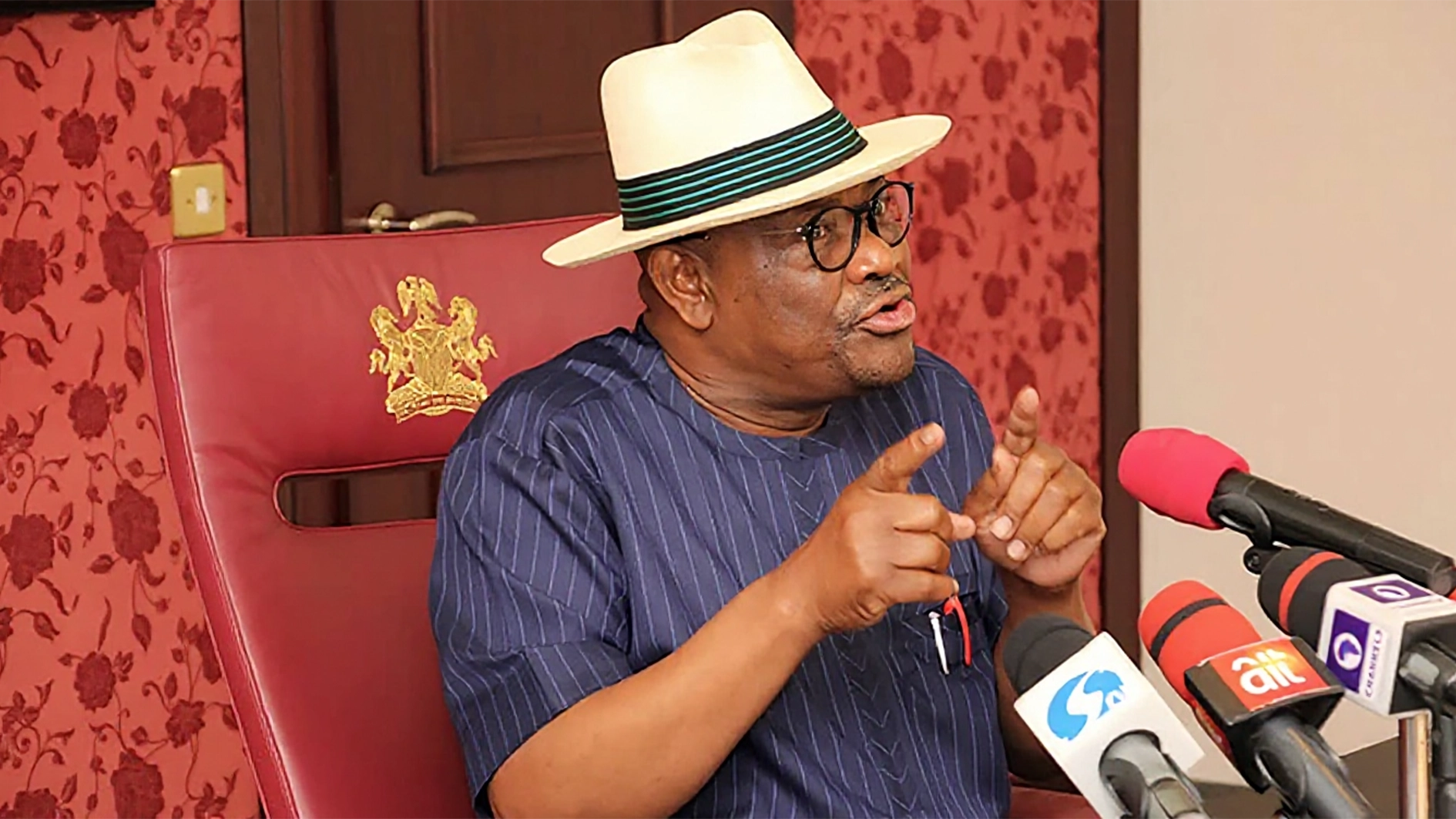A Senior Advocate of Nigeria (SAN) and former President of the Nigerian Bar Association (NBA), Olisa Agbakoba, has stated that the current administration’s target of achieving a $1 trillion economy will be unattainable without fundamental reforms, particularly the adoption of a new constitution.
Speaking in Lagos on Wednesday at a briefing tagged: “Devolution is the Solution: Foundational Reform Agenda for Nigeria’s Transformation,” he lamented that discussions about constitutional reform have been ongoing for 25 years without any tangible progress.
He expressed disappointment that the onus of constitutional amendments or the creation of a new constitution has been shifted to the National Assembly, describing this as a dereliction of duty on the part of the President.
The SAN emphasised that devolution of power is crucial to Nigeria’s growth and development, noting that the current structure is hindering progress.
He also expressed concern that despite the emphasis on restructuring by presidential candidates in the last election, there has been a deafening silence from the current administration on the issue.
He further pointed out that the projected Gross Domestic Product (GDP) growth rate of 3.4% is misleading, as it does not account for the country’s rapid population growth.
According to him, without meaningful reforms, Nigeria’s economic growth will be stunted, and the goal of achieving a $1 trillion economy will remain elusive.
He pointed out that the country’s 774 local governments are not viable, with none able to run independently due to constitutional constraints.
Using the Apapa Local Government as an example, he noted that despite the port being located within its jurisdiction, the revenue generated is not accessible to the local government because it is assigned to the exclusive list.
This, he said, has resulted in local governments being starved of funds and unable to function effectively.
The SAN expressed disappointment that President Tinubu’s initiative to empower local governments through the courts has not yielded the desired results. He emphasised that unless this issue is addressed, Nigeria will continue to experience stagnation and the same problems will persist.
He also criticised the use of statistical reports to gauge the country’s economic progress, noting that the true test of economic growth lies in the experiences of ordinary Nigerians. “The only way to know whether Nigeria’s economic barometer is making progress is to ask a man on the streets,” he said, adding that GDP growth figures mean little when people are struggling to afford necessities like rice, garri, and foodstuffs due to high prices.
The recent 50-basis-point policy adjustment by the Central Bank, he noted, would have little impact on the lives of ordinary Nigerians.
Assessing the 2027 frontline presidential hopefuls, Agbakoba emphasised that the best candidate should be chosen based on their policy outlook.
“The presidential candidate with the best policy outlook on devolution, private sector empowerment, and revenue generation is the leader Nigeria needs.
Any candidate unable to articulate clear, time-bound commitments to these foundational reforms should be disqualified from serious consideration.
We cannot afford another cycle of centralised economic tinkering while Nigeria’s governance foundation crumbles.
He said, “If these foundational reforms are fully implemented- constitutional replacement, genuine devolution, fiscal federalism, government withdrawal from business, private sector empowerment, and the revenue generation measures outlined–Nigeria will enter a golden age of development.
“This is not hyperbole but mathematical certainty. With N500 trillion annual budgets, double-digit GDP growth, functional credit systems, and over 200 million Nigerians unleashed into formal economic participation, we will witness: Infrastructure transformation rivaling Asia’s miracle economies; Education and healthcare systems matching developed nations; Technology and innovation hubs competing globally; Agricultural abundance feeding Africa; Industrial revolution creating millions of jobs; Cities transformed into modern, livable spaces; Rural areas connected and prosperous; A middle class numbering 100+ million; Youth employment and opportunity explosion and Nigeria ascending to top 10 global economies.
“This golden age is not a distant dream–it can begin within five years of implementing these reforms. The foundations laid by 2030 will produce prosperity lasting generations. The time for debate has passed. The time for action has arrived.
“History will judge this generation by one criterion: Did we have the courage to restructure Nigeria when we had the chance, or did we squander the opportunity and leave our children to inherit the whirlwind? The answer must be written in the ballot box of 2027 and inscribed in a new constitution by 2030.”






